Don’t want to label myself as a ‘niche artiste’: Xefer
Xefer Rahman first broke into the industry with her song covers, capturing everyone's attention with her deep baritone voice. Since her foray into music almost 12 years ago, Xefer has slowly evolved into a style and youth icon as well, apart from continuing her pursuit of music—delivering hit songs like "Nei Proyojon", "Jhumka", "Harbo Na" and many more.
On a sun-lit afternoon, the young artiste shared a chat with The Daily Star about her visit to the Grammys, creating "Jhumka" and more.
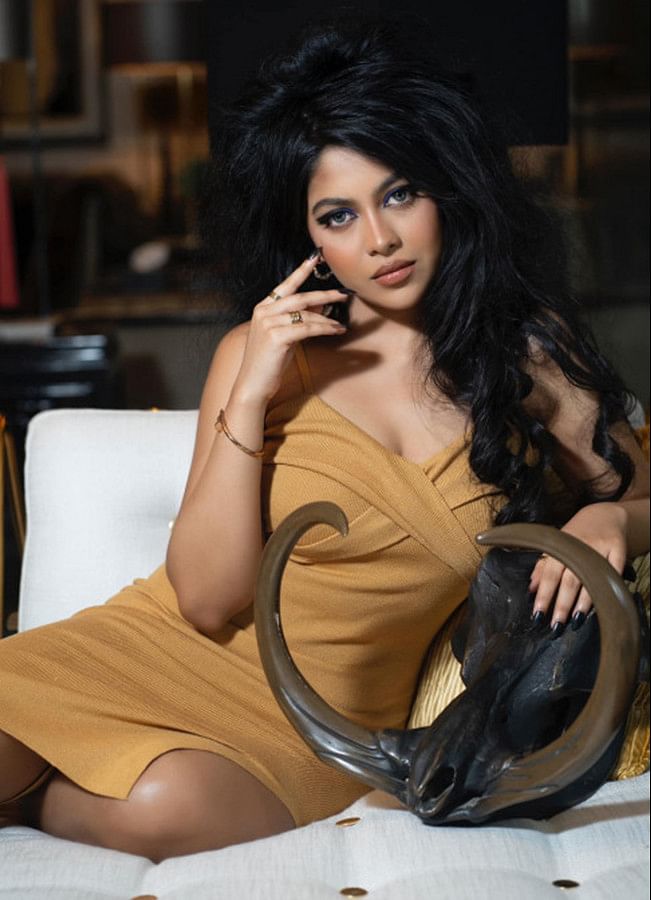
You first broke into the industry with covers of English songs. By comparison, where would you say you are now as an artiste?
I did start with song covers and made my debut song in English, then made my way to working for films,making originals as well. Now I see a lot of people doing English originals, but back when I debuted, no one apart from me did that. However, after a while, that made me feel like I wasn't doing enough Bangla songs, which changed my journey as I'm focusing on Bangla songs more now. No more covers, rather more originals.
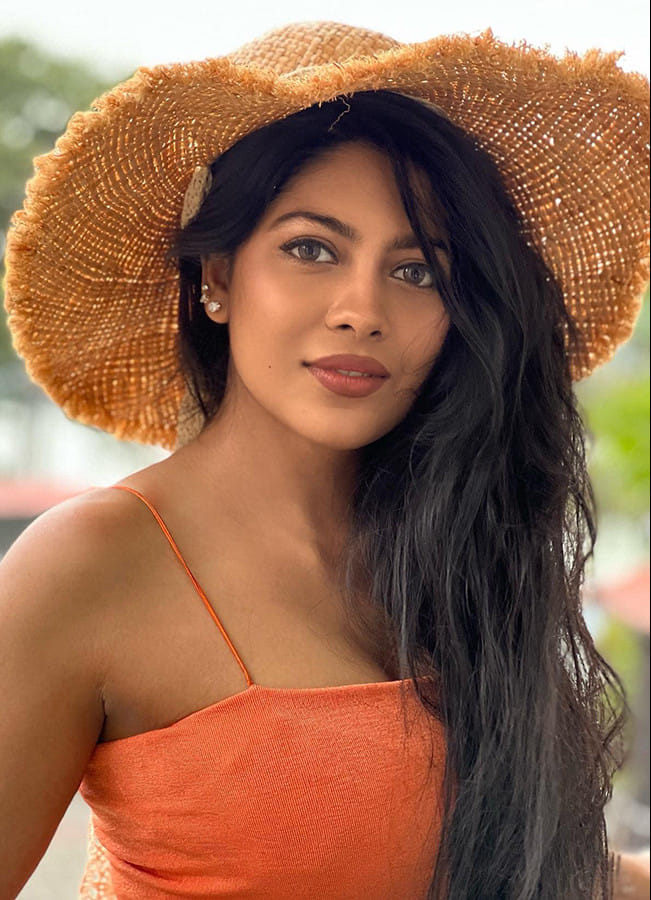
Many are saying that your upcoming concert with Muza and Dameer is for a select group of audiences. Would you agree with that sentiment?
I think my songs used to be niche, but that has changed. In the last three years or so, I have changed, now different people from different places know me. Muza makes music for audiences of all sorts, I don't think we can label ourselves as 'niche artistes'. Dameer has his niche I believe, but together, the three of us have a variety of audiences, and I think it's good that way.
Your collaboration with Muza has become quite the hit. Would you say this is a pivotal point in your career?
The decision to do this song, that we took together, changed a lot for me. I have always been indecisive about my ability to pull off commercial songs, but I tried it. What people don't know is that we are the co-owners of the song, as we wrote and financed it together. I'm glad Muza inspired me to try folk.
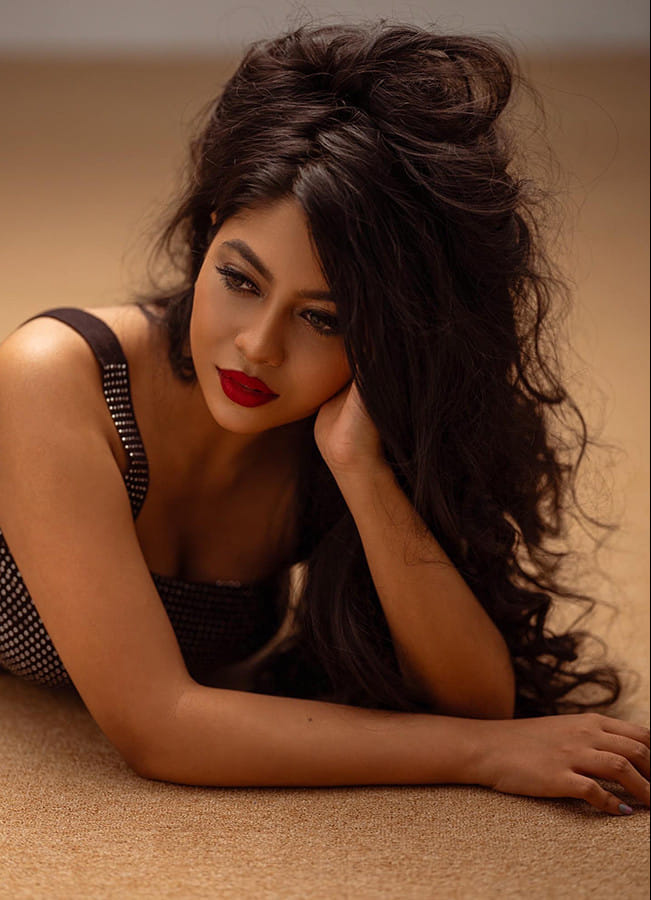
In Bangladesh, there is a stereotype that female voices in this genre have to be sweeter, but I have a deeper voice and that brought a lot of criticism. But I was taken aback when the song went viral in both Bangladesh and internationally. People were making reels, Tiktoks and Indian celebrities were even dancing to it.
You recently visited the US with a group of artistes. Is something new cooking?
This was my second visit after the Grammys. We did create music and I can tell you we have some new things coming up. Around 12 musicians worked together, but not all of them will be featured in my next projects. However, I cannot say much about what's coming or when it will be released.
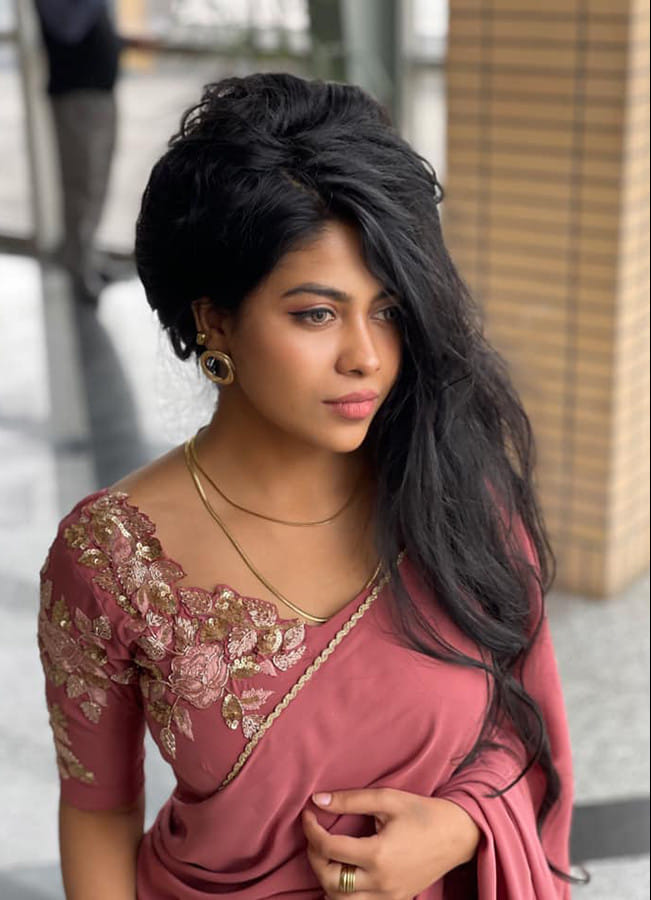

Do you have anything to say to people who are criticising your upcoming concert by labelling it 'English medium music'?
I would invite those people to come and see for themselves. Granted that it will all be younger people, Gen Z mostly, but people from every generation are invited. It will surely be people who follow or listen to us, but that group can be diverse too.
People should attend the concert to see who is doing what. We need to support our artistes and their music. That's how we can grow.
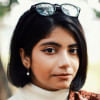
 For all latest news, follow The Daily Star's Google News channel.
For all latest news, follow The Daily Star's Google News channel. 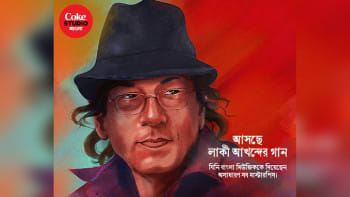


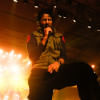

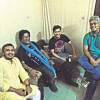


Comments